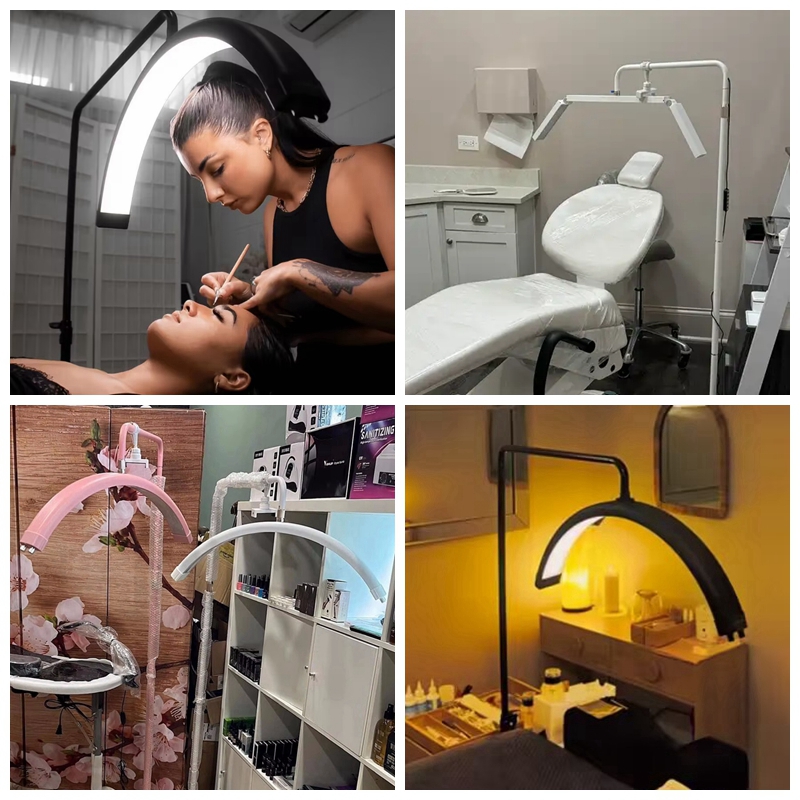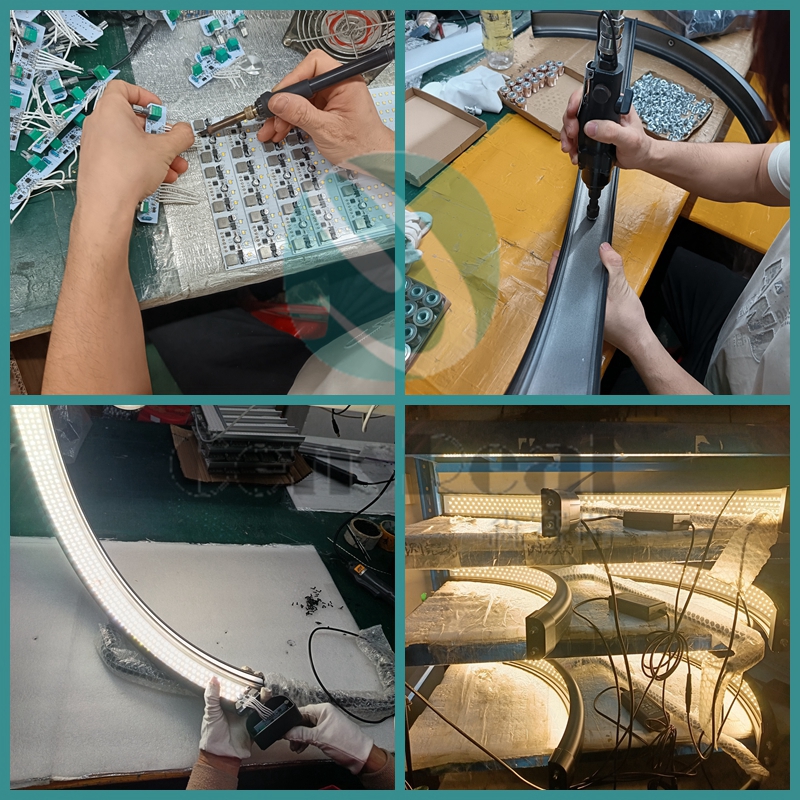When sourcing eyelash extension lamps, understanding the payment terms offered by suppliers is crucial. It can significantly impact your cash flow, inventory management, and overall business operations. Whether you’re a company owner, wholesaler, distributor, or an Amazon seller, knowing what to expect and how to negotiate favorable terms can make a big difference.
Eyelash extension lamp suppliers typically offer a variety of payment terms, including Net 30, Net 60, advance payment, and installments. These terms depend on the supplier’s policies, your order volume, and the relationship you have with the supplier. It’s essential to understand these terms to manage your cash flow effectively and ensure smooth transactions.

Let’s delve deeper into the common payment terms you might encounter and how to navigate them.
Common Payment Terms in the Lash Extension Lamp Industry
When dealing with eyelash extension lamp suppliers, you’ll likely come across several standard payment terms. Here are the most common ones:
Net 30/60/90: This term means that payment is due in full 30, 60, or 90 days after the invoice date. It’s a popular option among established businesses with reliable cash flow.
Advance Payment: Some suppliers require full or partial payment before the goods are shipped. This is often the case with new customers or large custom orders.
Installments: For high-value orders, suppliers may offer payment in installments. This can be an excellent way to manage your cash flow, but it requires careful planning and adherence to the payment schedule.
Advantages and Disadvantages of Different Payment Terms
Understanding the pros and cons of each payment term is essential for making an informed decision.
Net 30/60/90:
Advantages: Provides more time to sell the products before payment is due, improving cash flow.
Disadvantages: Requires strong creditworthiness and may involve interest or fees.
Advance Payment:
Advantages: Often results in better pricing or discounts.
Disadvantages: Ties up capital and carries the risk of non-delivery if the supplier is unreliable.
Installments:
Advantages: Eases the financial burden by spreading out payments.
Disadvantages: Requires meticulous tracking of payment dates and amounts.
How to Negotiate Better Payment Terms
Negotiating favorable payment terms can lead to significant benefits for your business. Here are some tips:
Build a Relationship: Establishing a good rapport with your supplier can lead to more favorable terms. Regular communication and demonstrating reliability can go a long way.
Show Financial Stability: Providing evidence of your financial health, such as credit reports or bank statements, can make suppliers more willing to offer lenient terms.
Offer Larger Orders: Suppliers may be more flexible with payment terms if you place larger or more frequent orders.
Leverage Competition: If you have multiple suppliers vying for your business, use this to your advantage in negotiations.
Importance of Payment Terms in Supplier Relationships
Payment terms are a critical component of your relationship with suppliers. They affect trust, reliability, and long-term collaboration. Clear and mutually beneficial payment terms can lead to stronger partnerships, better prices, and more favorable conditions over time.

Common Payment Methods Accepted by Suppliers
Suppliers typically accept a variety of payment methods, each with its own set of implications:
Bank Transfer: Common and secure, but may involve fees.
Credit Card: Convenient, but may come with high-interest rates and fees.
PayPal: Offers buyer protection but can be expensive due to transaction fees.
Letter of Credit: Provides security for both parties, commonly used in international trade.
Impact of Payment Terms on Cash Flow and Inventory Management
The payment terms you negotiate can significantly impact your cash flow and inventory management. Favorable terms can free up capital for other investments, reduce the need for loans, and improve your ability to manage stock levels efficiently.
Tips for Ensuring Secure Transactions
To ensure secure transactions, consider the following:
Verify Supplier Credentials: Always check the legitimacy of your suppliers to avoid scams.
Use Secure Payment Methods: Opt for payment methods that offer protection, such as letters of credit or escrow services.
Draft Clear Contracts: Ensure all payment terms are clearly stated in a contract to avoid misunderstandings.
Summary:
Understanding and negotiating payment terms with eyelash extension light suppliers is crucial for managing your business effectively. By knowing the common terms, their advantages and disadvantages, and how to negotiate them, you can ensure smooth transactions and maintain healthy cash flow. Always prioritize secure transactions and clear agreements to build strong and reliable supplier relationships.



